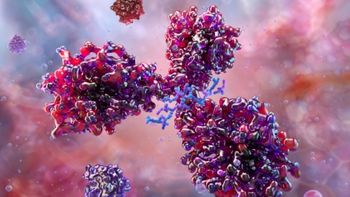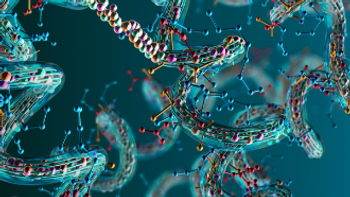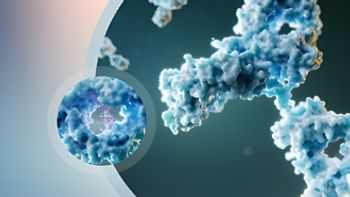
Stem Cell Derived Exosome Production in Stirred-Tank Bioreactors
Thursday, September 15th, 2022 at 4pm CEST | 3pm BST | 10am EDT Extra cellular vesicles and especially exosomes have recently gained favor for therapeutic medicine development due to possessing structures that can be modified to conveniently deliver payloads, such as specific proteins, genetic lipids, and genetic materials including messenger RNA (mRNA, and genomic DNA (gDNA) from their progenitor cell. Most recently, there is increasing interest in the therapeutic potential of exosomes produced by Mesenchymal Stem Cells (MSCs). Stirred-tank bioreactors offer the possibility to tightly control and monitor the production of exosomes, as well as the scalability, to produce increasing amounts. However, the cultivation of stem cells in stirred-tank bioreactors requires profound knowledge and precise control of the process.
Register Free:
Event Overview:
Exosomes are a population of naturally occurring mobile, membrane-limited, 30 – 100 nm in diameter, extracellular vesicles containing a large number of proteins, lipids, messenger, and micro-RNAs. It was shown that they play a role in the mediation of intercellular communication, the modulation of immune-regulatory processes, tumor metabolism, and regenerative as well as degenerative processes. In recent years, there is increasing interest in the therapeutic potential of exosomes produced by Mesenchymal Stem Cells (MSCs).
Stirred-tank bioreactors offer the possibility to tightly control and monitor the production of exosomes, as well as the scalability, to produce increasing amounts. However, the cultivation of stem cells in stirred-tank bioreactors requires profound knowledge and precise control of the process.
In this webinar, Stem Cell experts by Eppendorf will highlight the potential and benefits of stirred-tank bioreactors in the cultivation of stem cells for exosome production. They will share their knowledge on how they developed the process in our DASbox® Mini Parallel Bioreactor System and scaled-up the process to 1 L controlled by their newest parallel bioreactor control system, the SciVario® twin.
Key Learning Objectives:
- How to cultivate stem cells in a stirred-tank bioreactor:
- Learn how to identify the right cultivation method, vessel type, vessel material, and instrument configuration for your specific needs
- Learn how to define and optimize important parameters to improve culture results – incl. Tips & Tricks
- Live “Ask the Expert” session – Deepen your knowledge and optimize your process
Who Should Attend:
- Scientists new to the cultivation of stem cells in bioreactors
- Experienced scientists looking for tips and tricks to improve their stem cell culture and EV production processes
Speakers
Jorge Escobar
Senior Research Scientist
Eppendorf, Inc.
Jorge Escobar is a senior research scientist in the applications lab of Eppendorf, Inc., in Enfield, Connecticut, USA. He joined the company in 2019 and has worked on applied research focused on efficient expansion of adherent and non-adherent cells (e.g. stem cells, adult primary cells) in cell culture bioreactors. After his Ph.D. in Biomedical Engineering at the Polytechnic University of Valencia (UPV), he gained experience in the fields of cell therapy and regenerative medicine working as a researcher at the Center for Biomaterials and Tissue Engineering (UPV, Valencia, Spain), Institute of Biomaterial Sciences - Helmholtz-Zentrum Geesthacht (Berlin, Germany) and Institute for Regenerative Engineering (University of Connecticut Health, Connecticut, USA)Additionally, in 2017, he was promoted to Assistant Research Professor, Department of Chemical and Biomolecular Engineering, University of Connecticut
Aurélie Tacheny
Application Specialist
Technologies SA
After a PhD in cell biology obtained at the uNamur, Belgium, and more than 10 years in the academic field, Aurélie Tacheny is now working for 6 years as Project Manager and Application Specialist for Eppendorf Application Technologies. Responsible for various cell culture-related projects, Aurélie and her team in the lab, use her expertise in this field to generate valuable experimental data and support current and future Eppendorf products and customers.
Register Free:
Newsletter
Stay at the forefront of biopharmaceutical innovation—subscribe to BioPharm International for expert insights on drug development, manufacturing, compliance, and more.




